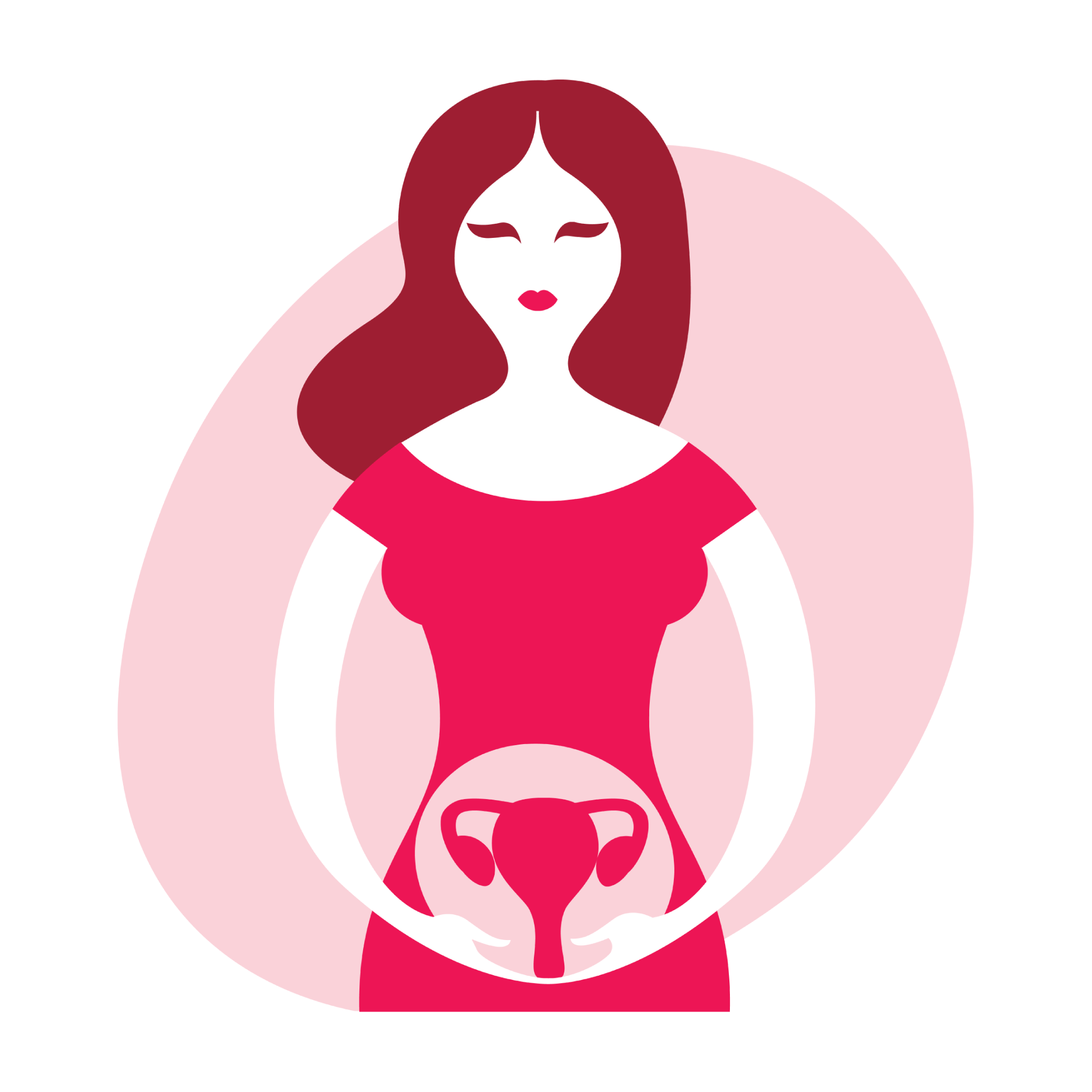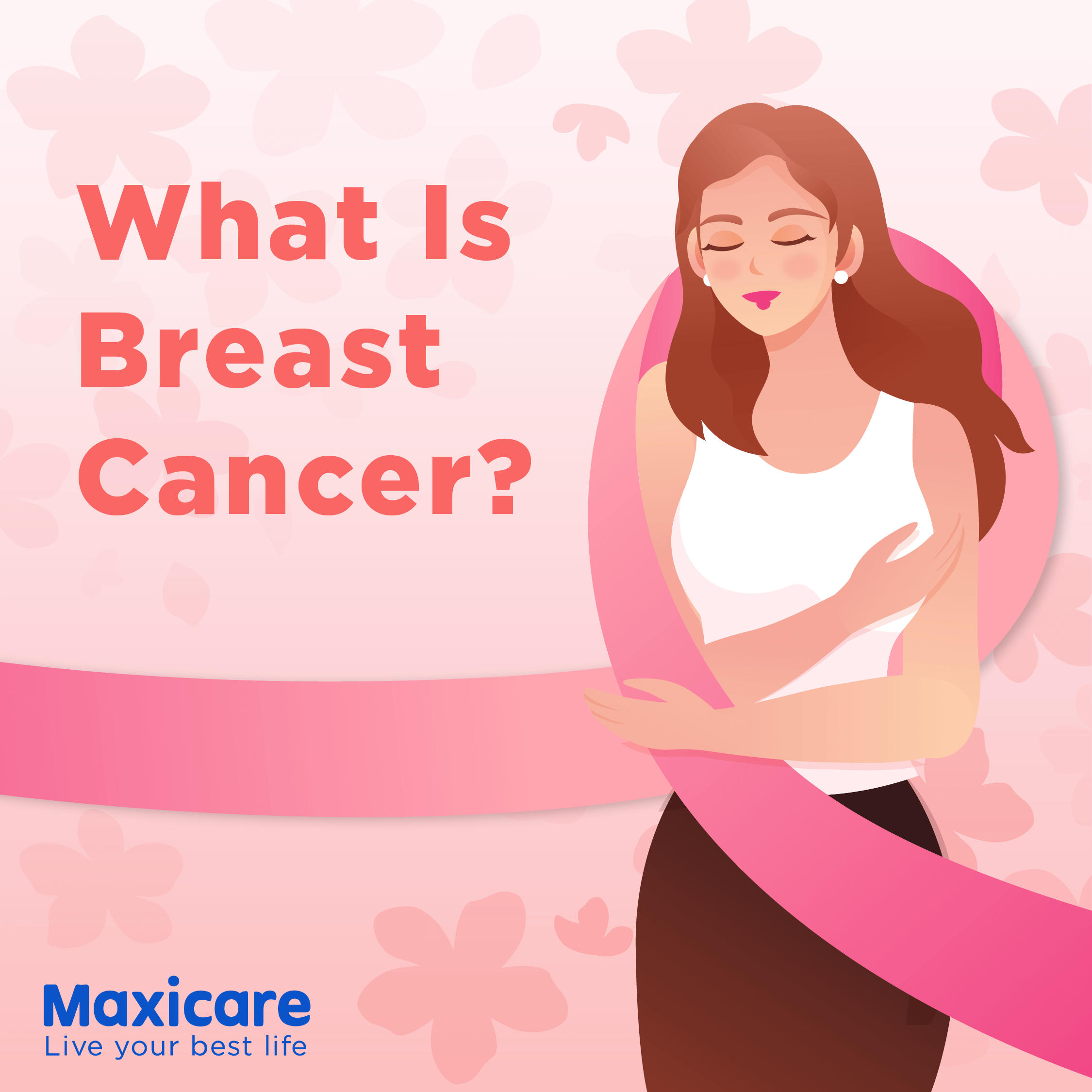
Cervical cancer is the growth of abnormal cells in the lining of the cervix, a tunnel-like organ that connects the vagina to the upper part of the uterus. It is considered one of the most common forms of cancer among women in the Philippines.
It occurs most often in people over age 30. The leading cause of cervical cancer is the human papillomavirus (HPV), passed from one person to another during sex.
Signs & Symptoms
- Vaginal bleeding between periods
- Longer or heavier menstrual bleeding than usual
- Pain during intercourse
- Bleeding after intercourse
- Pelvic pain
Risk factors
- Having HIV or another condition that makes it hard for your body to fight off health problems
- Tobacco smoking
Treatment
Cervical cancer also can be prevented or found early through regular screening and follow-up treatment.
- The Pap test (or Pap smear) looks for precancers, cell changes on the cervix that might become cervical cancer if not treated appropriately.
- The HPV test looks for the virus that can cause these cell changes.
Prevention
- HPV vaccine
- The HPV vaccine protects against the types of HPV that most often cause cervical, vaginal, and vulvar cancers. It is given as two injections. The vaccine is most effective if the second dose is given 6-12 months after the first.
- Use condoms during sex
- Condoms do not prevent HPV or cervical cancer, but when used correctly and consistently, they can lower your risk of getting cervical cancer
If you experience pain or bleeding during intercourse, or any signs and symptoms of cervical cancer, consult a doctor via Maxicare’s 24/7 Teleconsult Hotline, the Doctor Anywhere App, or Maxicare Primary Care Clinic (PCC). You may also visit a PCC or request HomeCare for lab tests and diagnostic procedures.
References:
https://www.cdc.gov/cancer/cervical/basic_info/index.html
https://www.cancer.org.au/cancer-information/types-of-cancer/cervical-cancer













